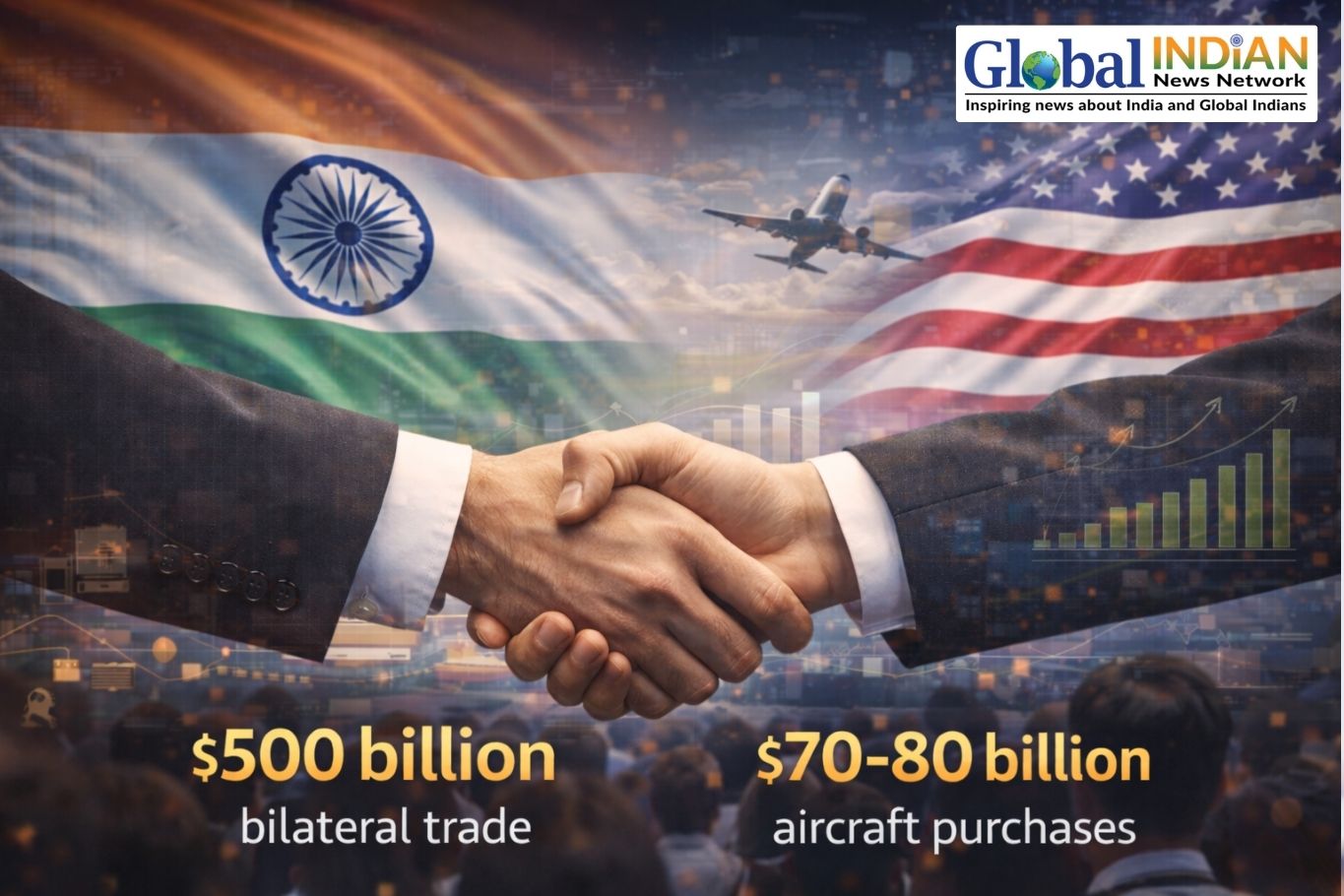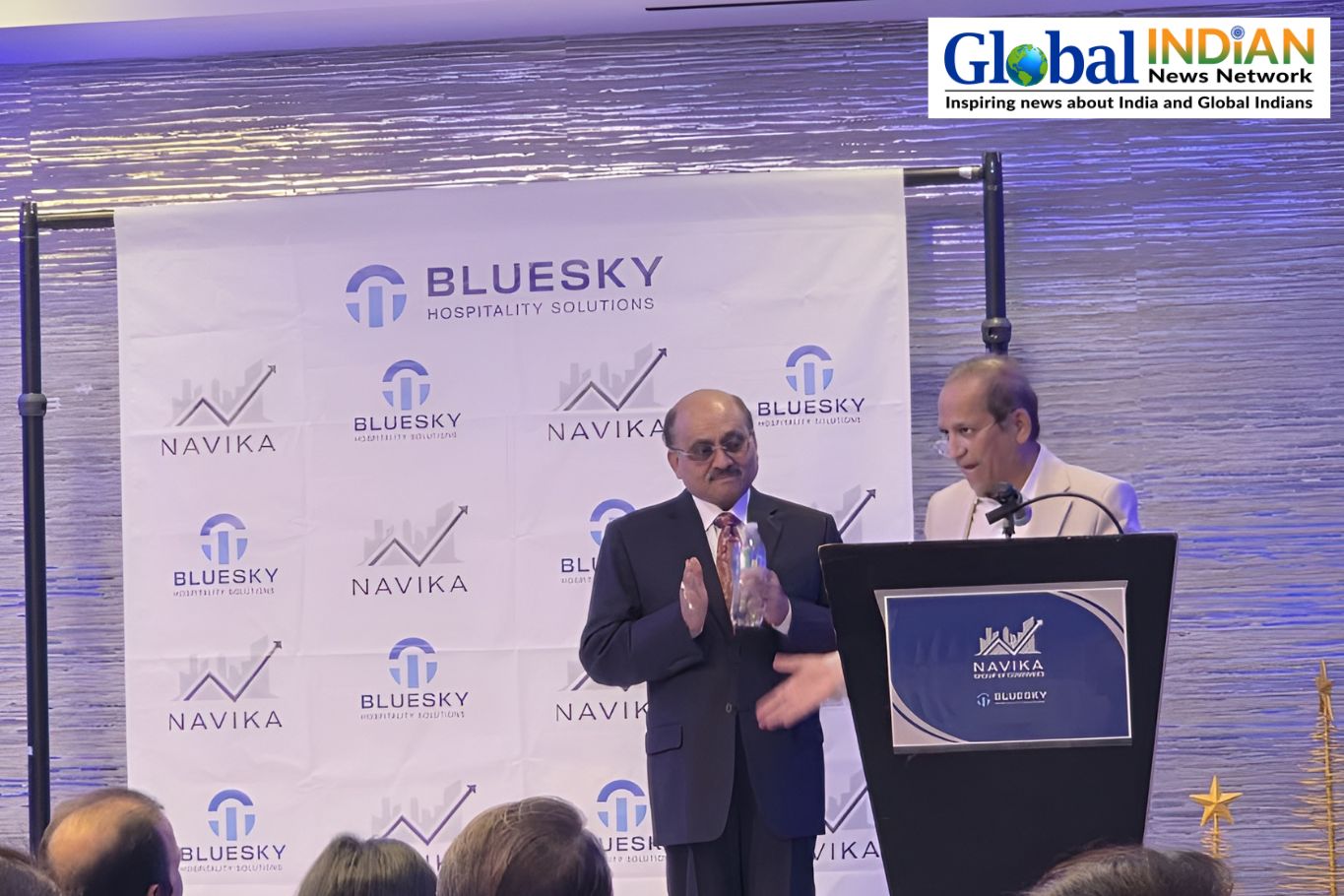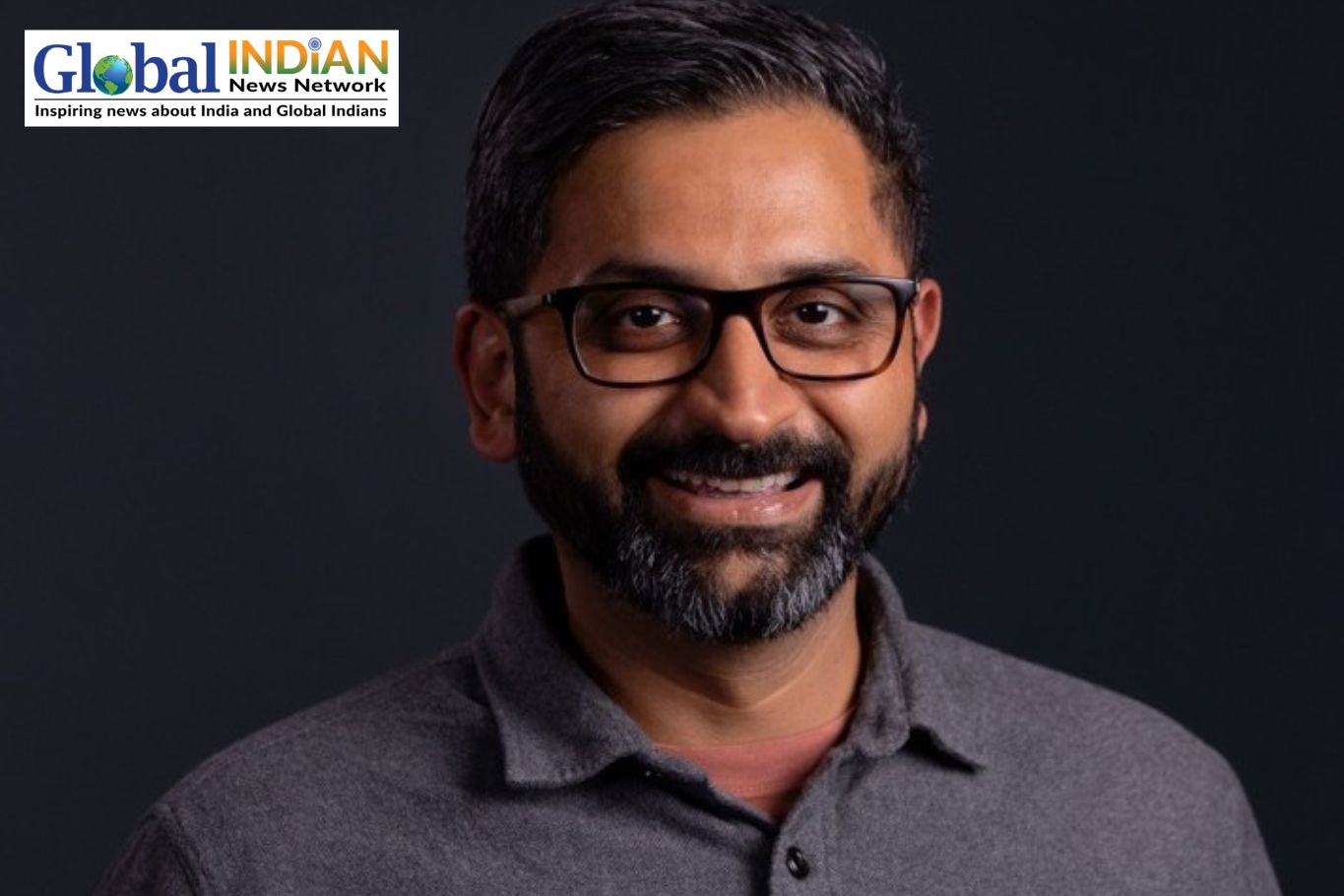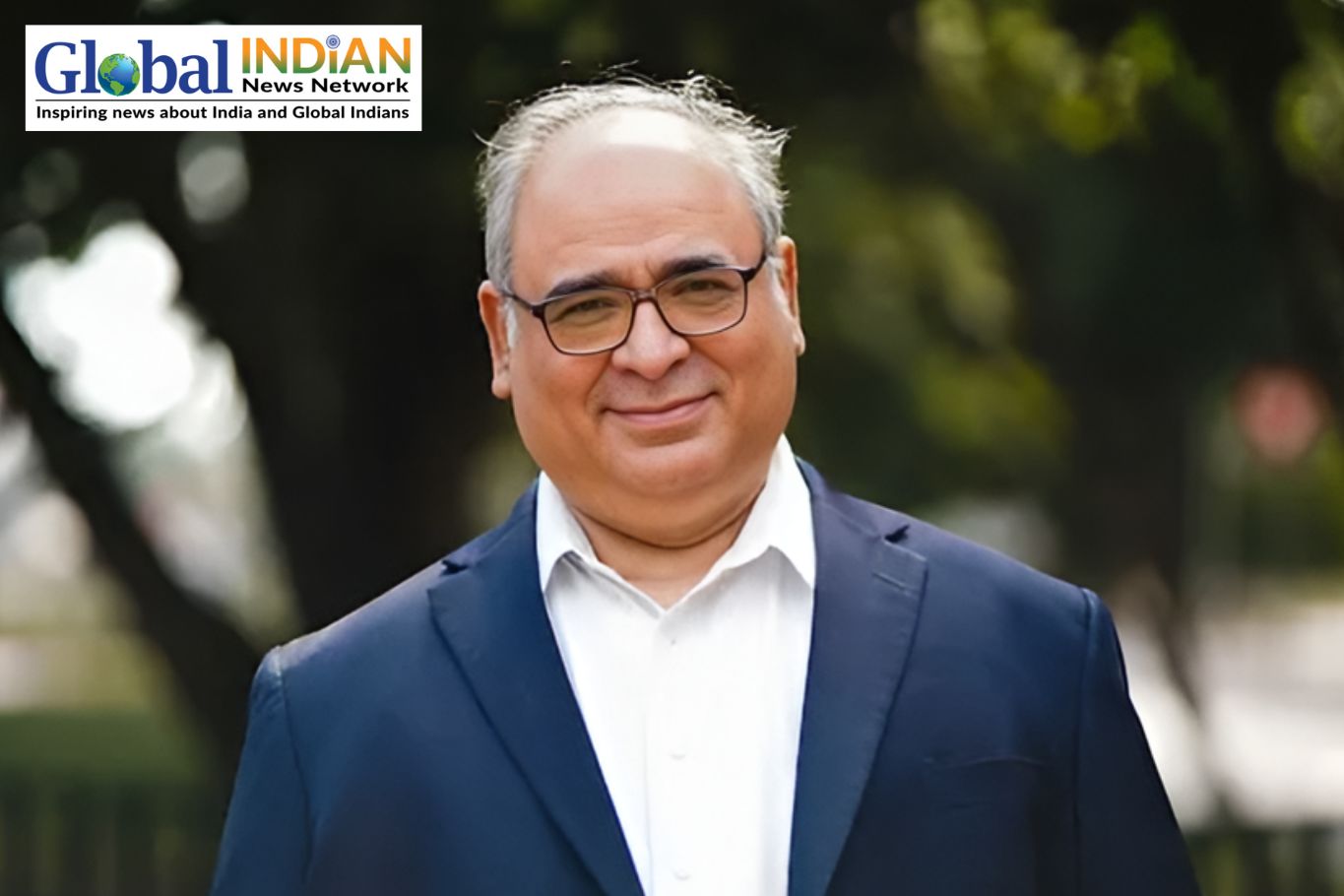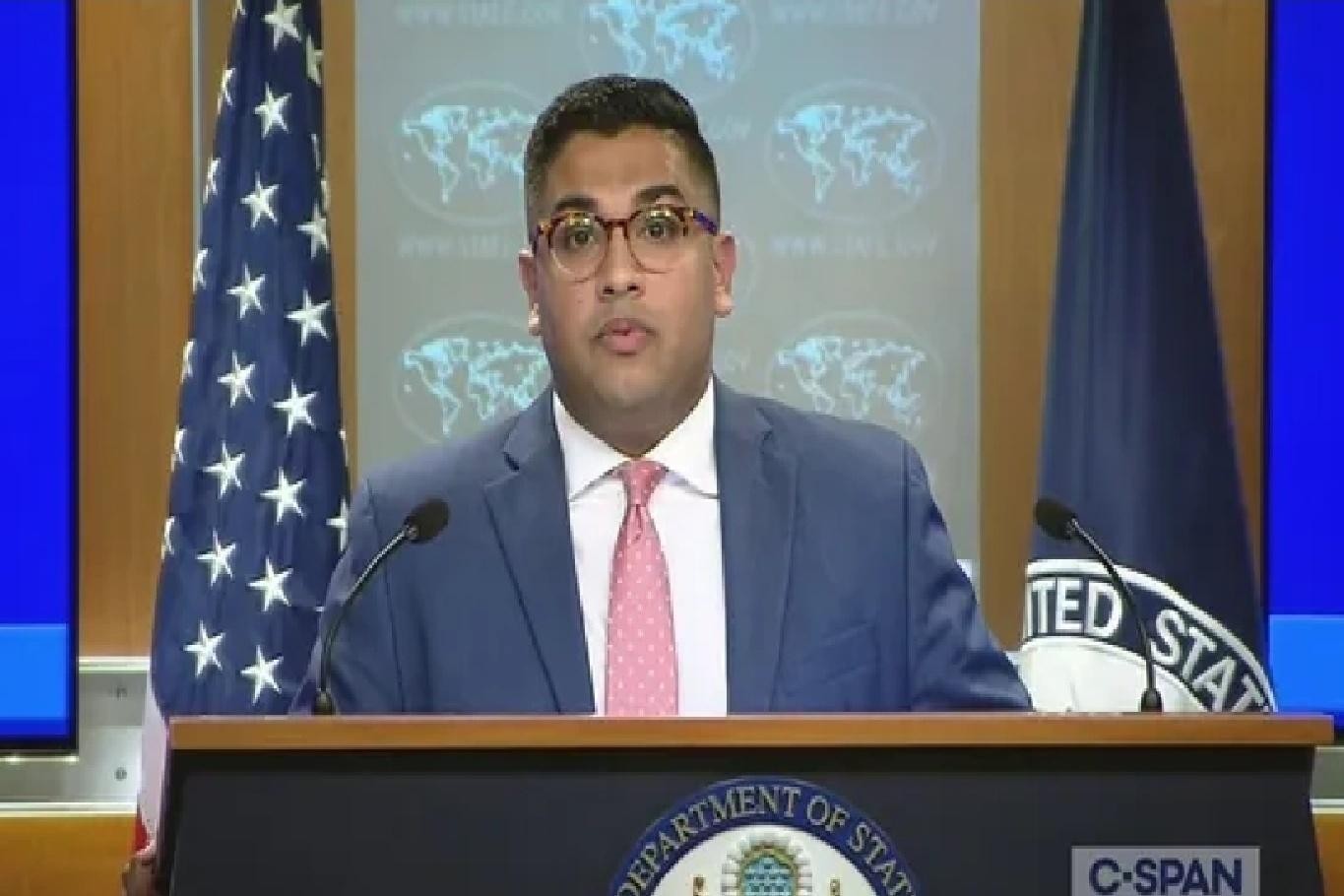
The issue of India’s quest for a permanent seat at the United Nations Security Council, initially raised by Tesla CEO Elon Musk, prompted a response from the United States earlier this year. The US expressed its backing for reforms within the United Nations’ structures, aiming to modernize them and reflect the realities of the 21st century world.
US State Department Principal Deputy Spokesperson Vedant Patel addressed inquiries during a press briefing regarding Elon Musk’s remarks on India’s absence from the UNSC’s permanent membership. Patel reiterated the US government’s stance on UN reforms, emphasizing the need to adapt to contemporary global dynamics. While specifics on reform measures were not disclosed, the acknowledgment of the necessity for change was underscored.
Elon Musk’s comments in January emphasized the anomaly of India’s exclusion from the UNSC’s permanent membership, attributing it to the reluctance of powerful nations to cede control. The billionaire highlighted India’s substantial population and called for a reassessment of UN structures to ensure fair representation, including a permanent seat for India and collective representation for Africa.
Ahead of India’s Lok Sabha polls, the Bharatiya Janata Party (BJP) outlined its commitment to securing permanent UN Security Council membership in its election manifesto. Emphasizing India’s elevated global role, the BJP pledged to pursue permanent membership to enhance the country’s influence in global decision-making processes.
External Affairs Minister S Jaishankar echoed the sentiment of growing international support for India’s bid for a permanent UNSC seat. While acknowledging the challenges inherent in securing such status, Jaishankar expressed confidence in India’s eventual attainment, emphasizing the importance of proactive pursuit amidst evolving global dynamics.

